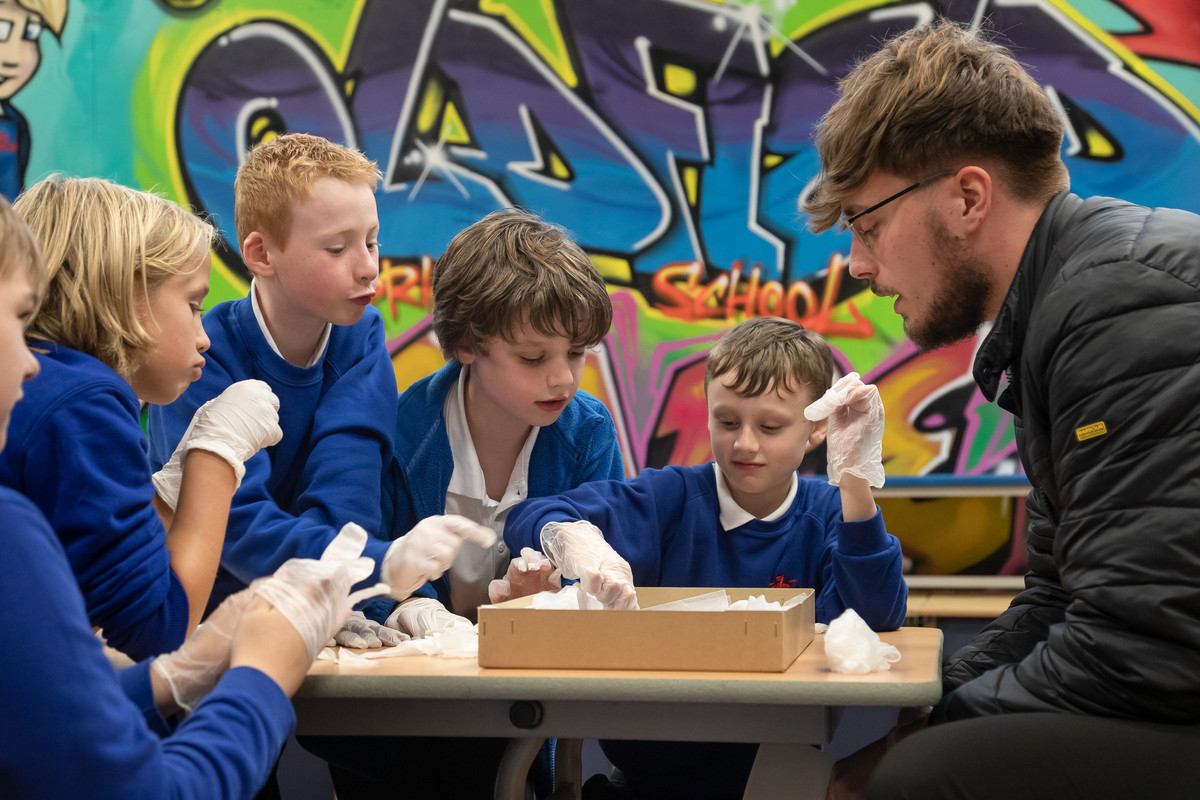Work Placements for Placement Providers


What is work placement learning, how can it benefit placement providers and how can my organisation get involved?
Every year our students secure work placements across 100s of supportive placement providers both locally, nationally and overseas.
Previous placement providers have included: Cheshire Constabulary, Cuan Wildlife Rescue, Chester Zoo, National Museums Liverpool, StoryHouse, The Countess of Chester Hospital, Waterco, British Heart Foundation (Chester), Make It Happen Birkenhead, Community Windpower Ltd, PREMCO, Lyme Park National Trust, Cheshire Fire and Rescue and many more! Students can self-source opportunities or apply for partnership placements through the University’s Work Placement Team based within the Careers and Employability service.
Students are equipped with subject-specific knowledge from their programmes of study and are keen to apply this in real-world settings, whether that is through undertaking a university-level project, contributing to the day-to-day operations of a workplace, or a mixture of the two. Work placements offered to students do not have to specifically relate to their current programme of study – the development of transferable workplace skills is a key feature of enhancing their employability.
Students are encouraged to work in conjunction with their work placement provider, in advance of their placement, to outline the structure and objectives for their placement, ensuring that it’s mutually beneficial to both parties. Students should be able to develop their knowledge, skills and professional behaviours, while also meeting the workforce development needs of the employer. This in turn will help to lay the foundations for any reflections on their achievements and skills development, during their placement, required for their assessments/assignments.
Students are supported by Work Placement and Employability Officers as well as Academic Placement Tutors prior, during and after their placements to optimise their learning. All placements are approved by the University of Chester, and the Work Placement Team check that insurances, health and safety considerations and risk assessments are in place.
"We are very grateful to the University for their continued partnership and promotion of renewable energy placements. We hope to repeat this positive experience next year."
— Karl Parker, Community Windpower Ltd
Benefits of hosting a student on a work placement include:
- Access to new talent: by offering a work placement you can assess potential future employees, with relevant academic knowledge, and evaluate their fit within your organisation before making a potential hiring decision
- Developing specific skills: as an organisation you can tailor the placement tasks to focus on skills and areas where you require additional support, effectively training students to meet your specific needs
- Boosting innovation: obtain fresh perspectives from students who will bring new ideas and approaches to projects, stimulating creativity and innovation within your organisation
- Staff development: mentorship of a student can provide valuable experience for existing employees, helping them to develop their leadership and communication skills
- Positive brand image: hosting placements demonstrates a company's commitment to education and community development, enhancing its reputation as an attractive employer through supporting the organisation’s corporate social responsibility goals
- Networking opportunities: building relationships with universities and students can open doors to future talent pools and collaborations
- Project support: students can be assigned to specific projects, providing an extra resource to tackle tasks that might otherwise be delayed.
"Extremely valuable additional help during our busiest time of year. Please can we keep them?"
— Stella Spratley, Conway Centres




How to offer and support a placement
The Work Placement Module requires students to complete a 140-hour minimum unpaid placement to be undertaken during April to June annually. Placements can be carried out full time or flexibly part-time within this 10-week period.
The Work Placement Team will approve all placements to ensure that they are university-level, as well as checking that all insurances, health and safety considerations and risk assessments required are in place. Students will be provided with a Placement Objectives Document (POD) to guide their discussions with you, as their work placement provider, regarding the tasks and responsibilities of the role they will be undertaking to ensure that it’s mutually beneficial and that it develops their future employability skills.
The student will also require a supervisor or mentor who is willing to support and manage them during the duration of their work placement.
At the start of the work placement the supervisor should induct the student into the organisation, including setting expectations for the placement, sickness absence reporting, emergency evacuation procedures and any relevant risk assessments and control measures, etc. During the placement, the student will be required to complete a timesheet to confirm that they have carried out the required number of hours for their placement. We would also encourage you to give feedback to the student throughout the placement in the form of regular progress meetings and to provide an end-of-placement appraisal which will help with their learning and reflections.
